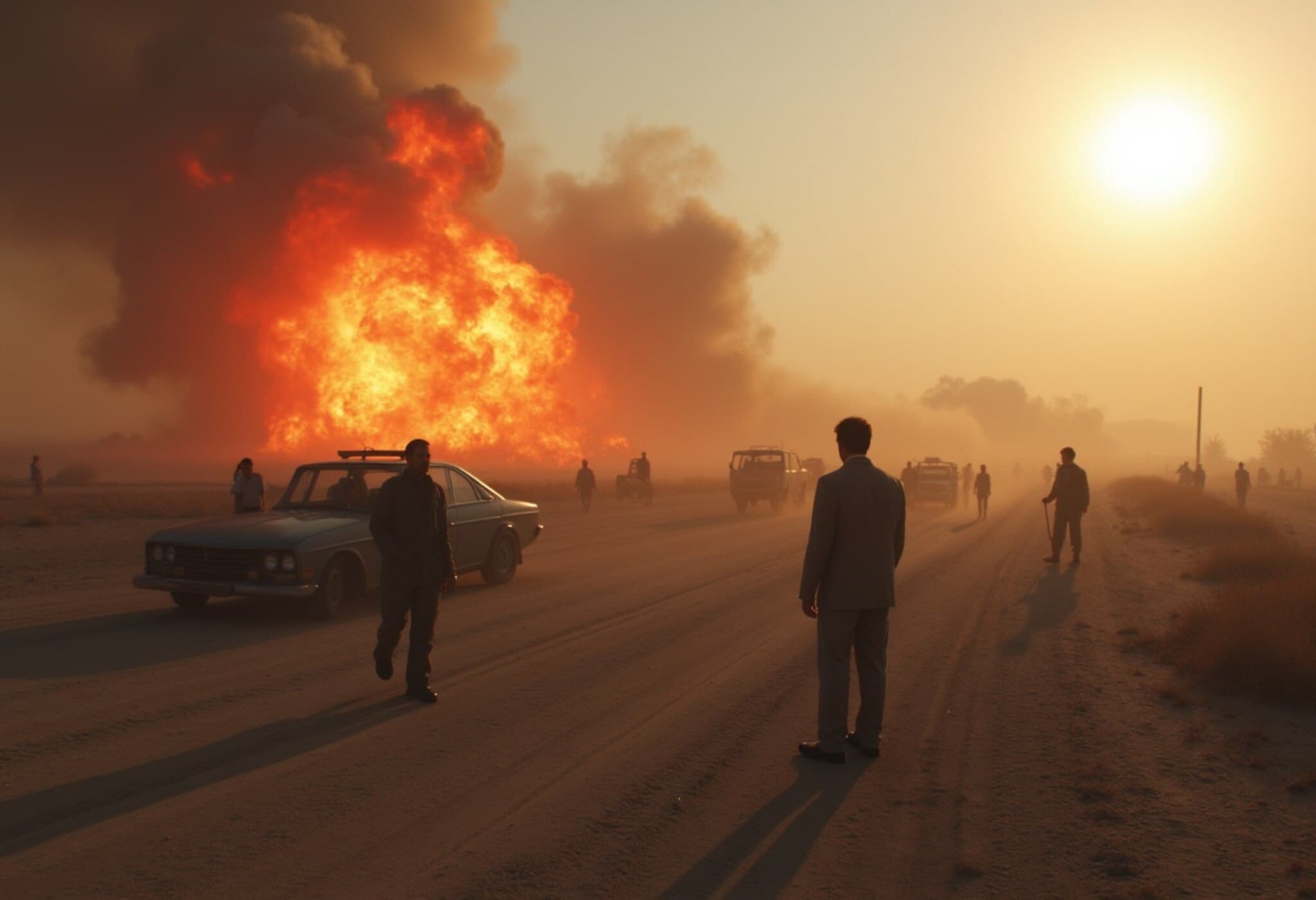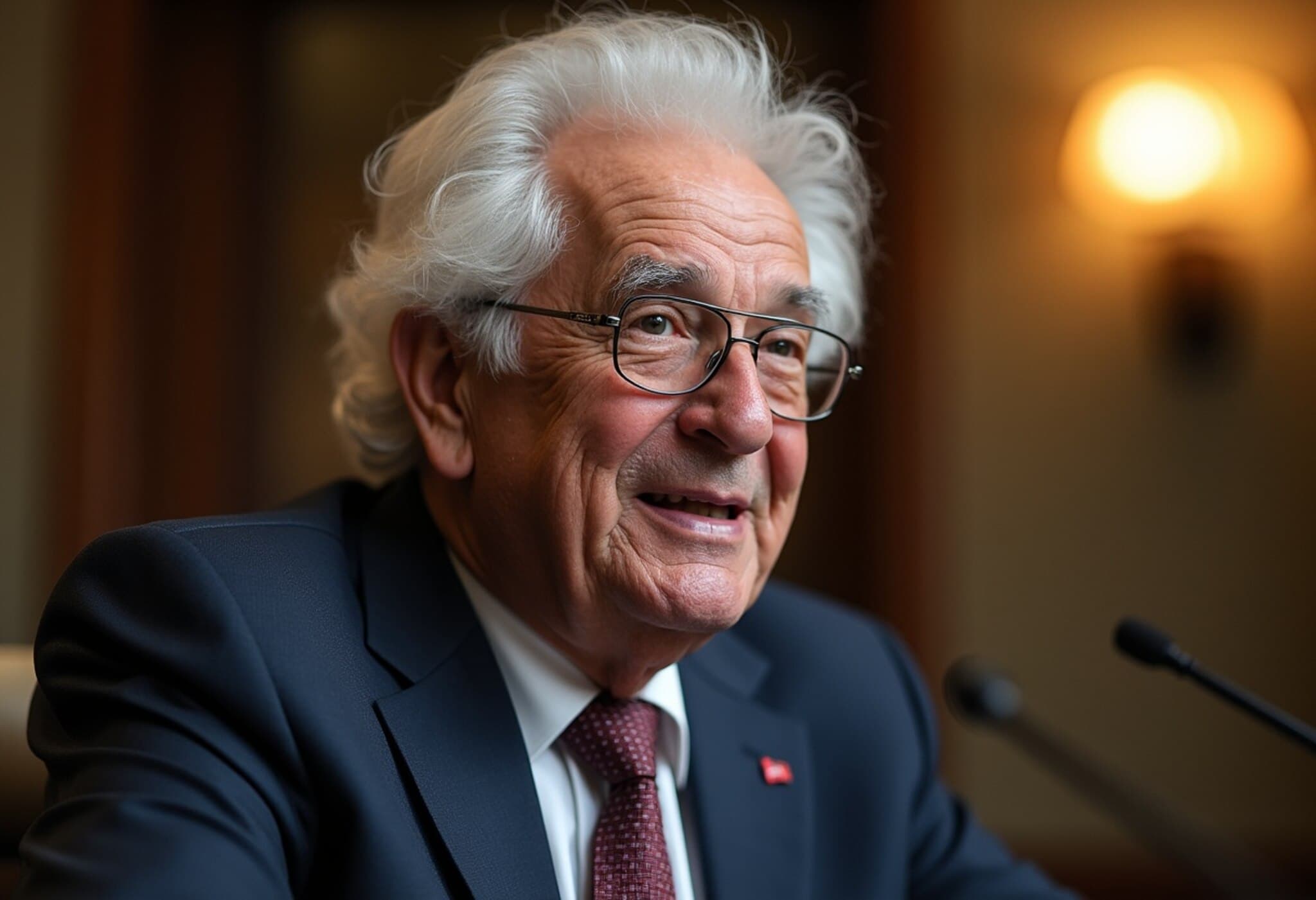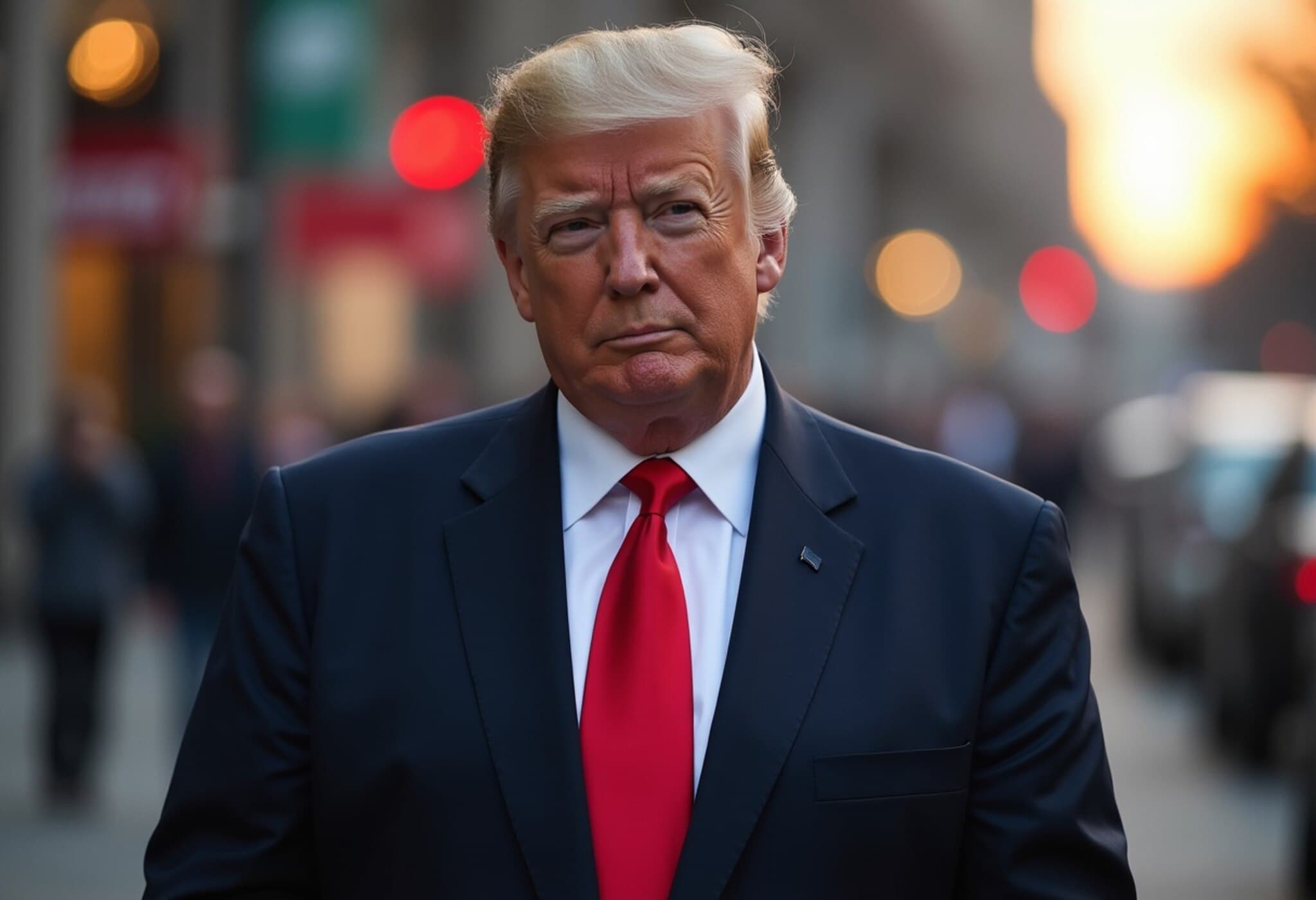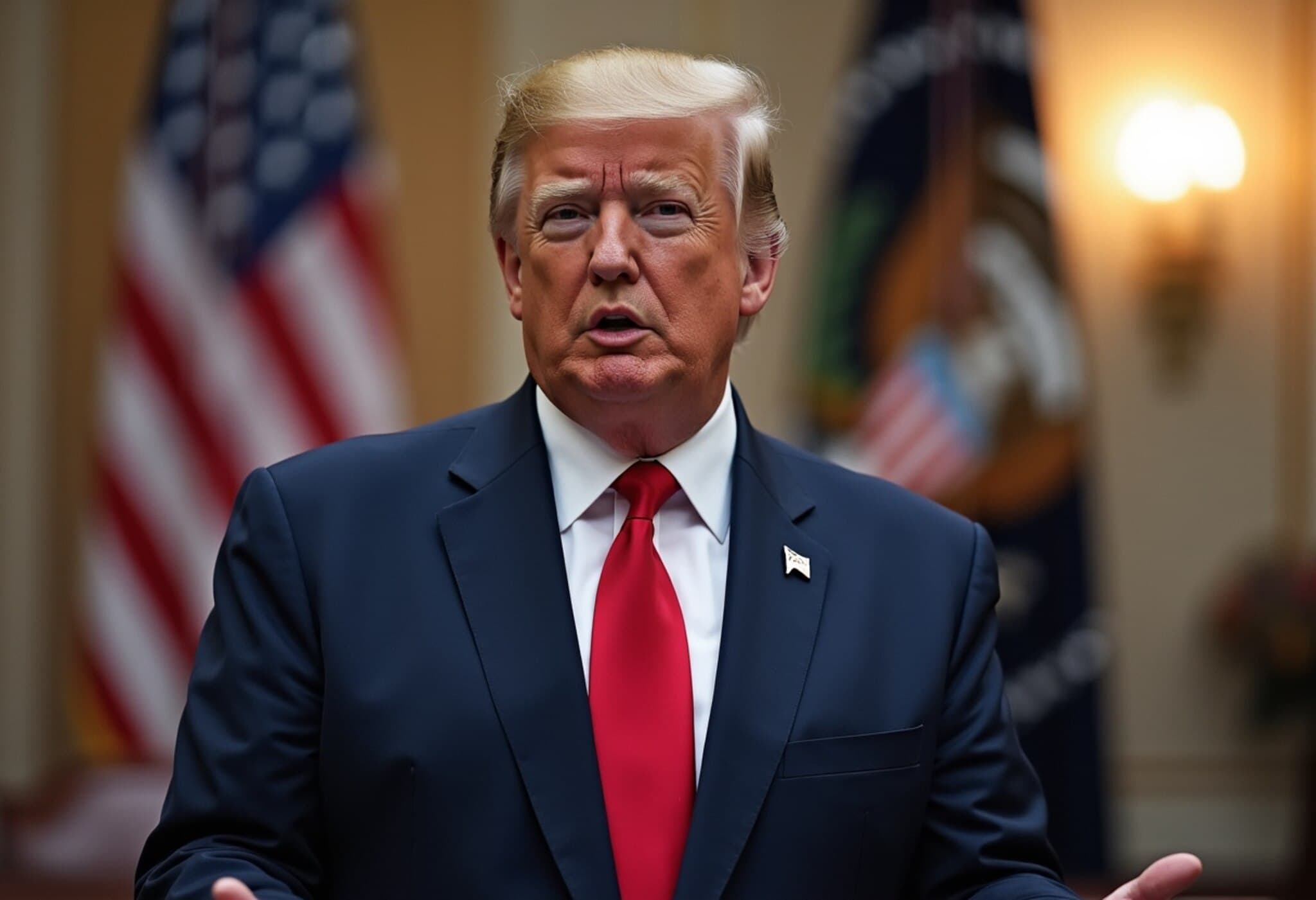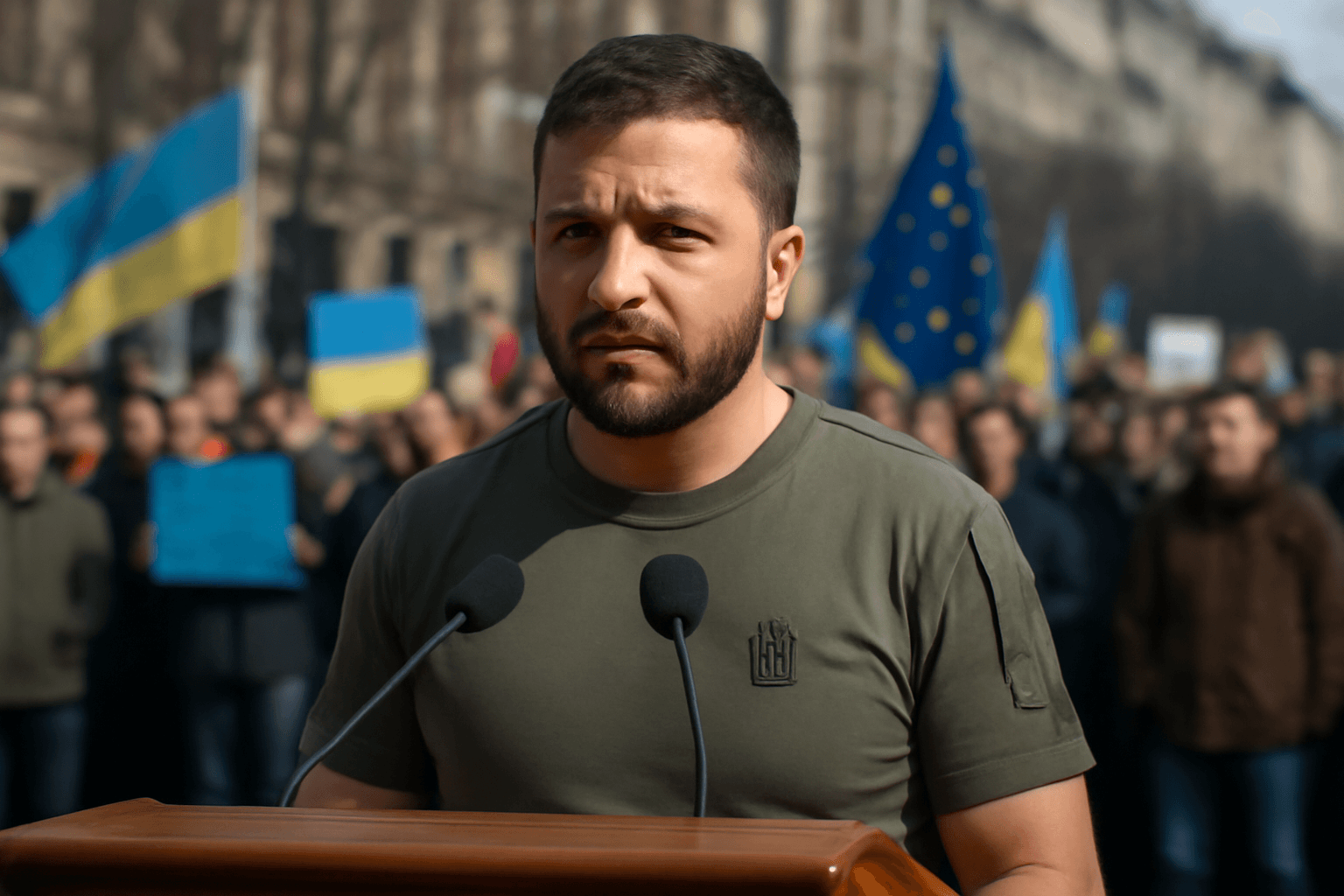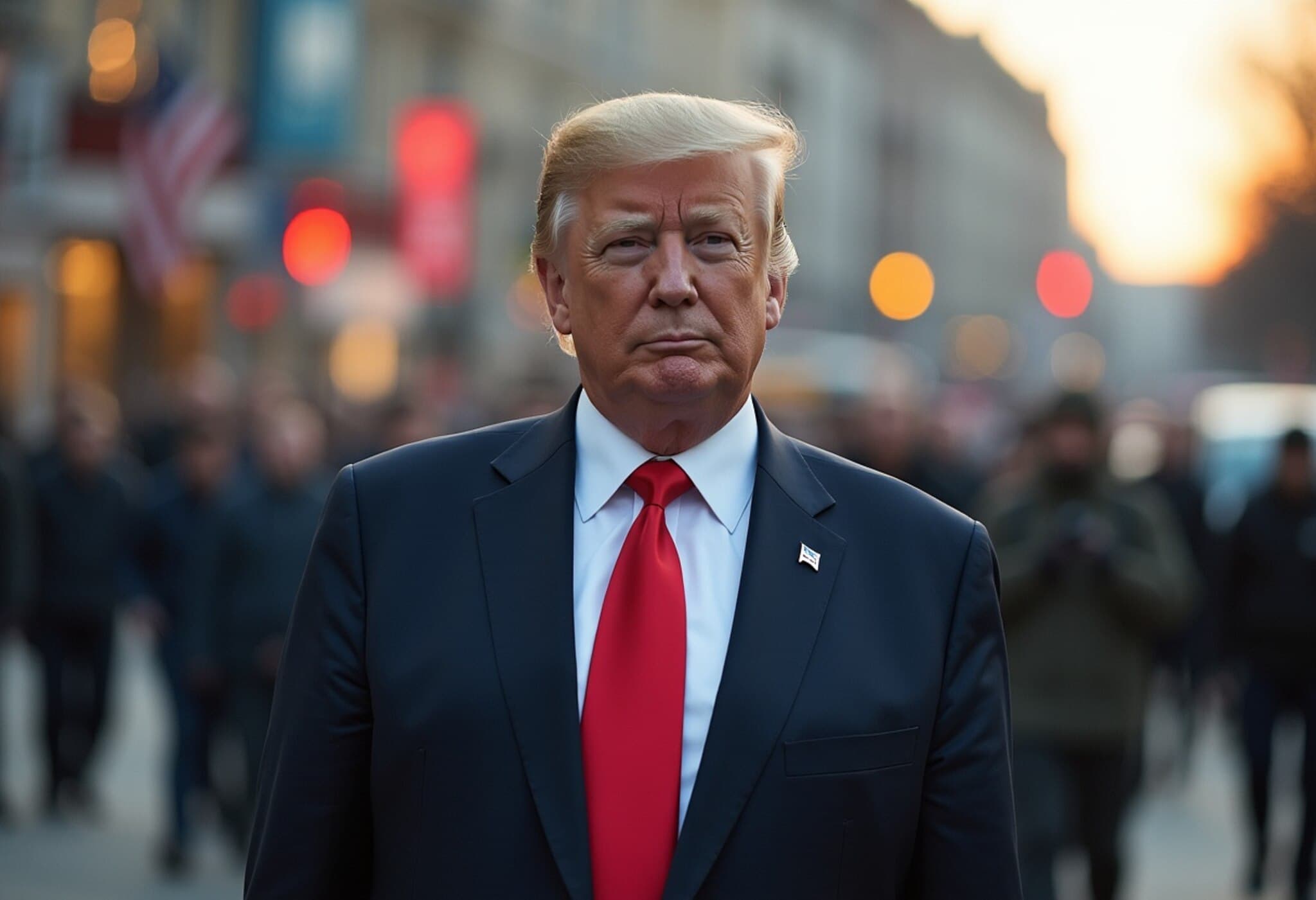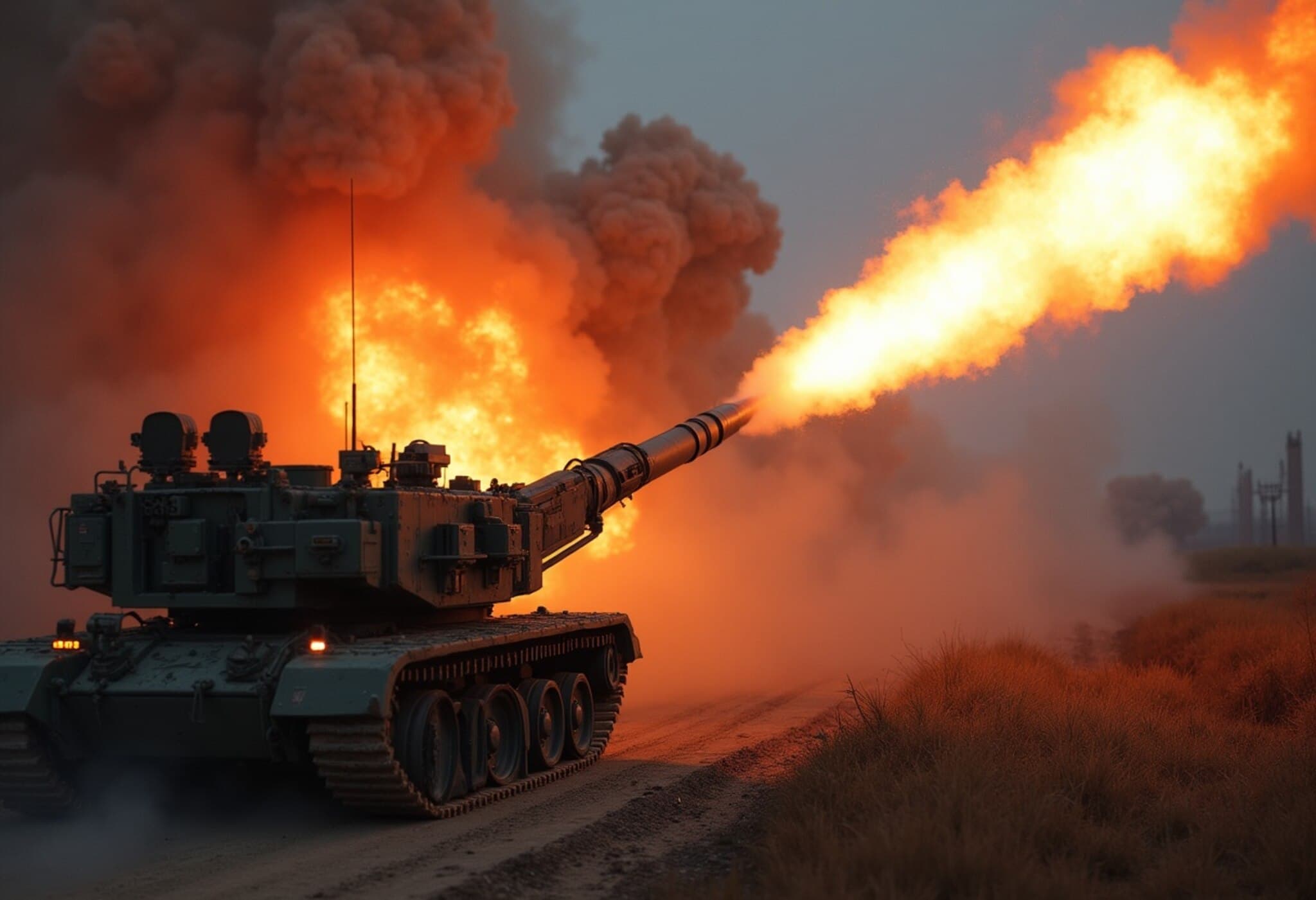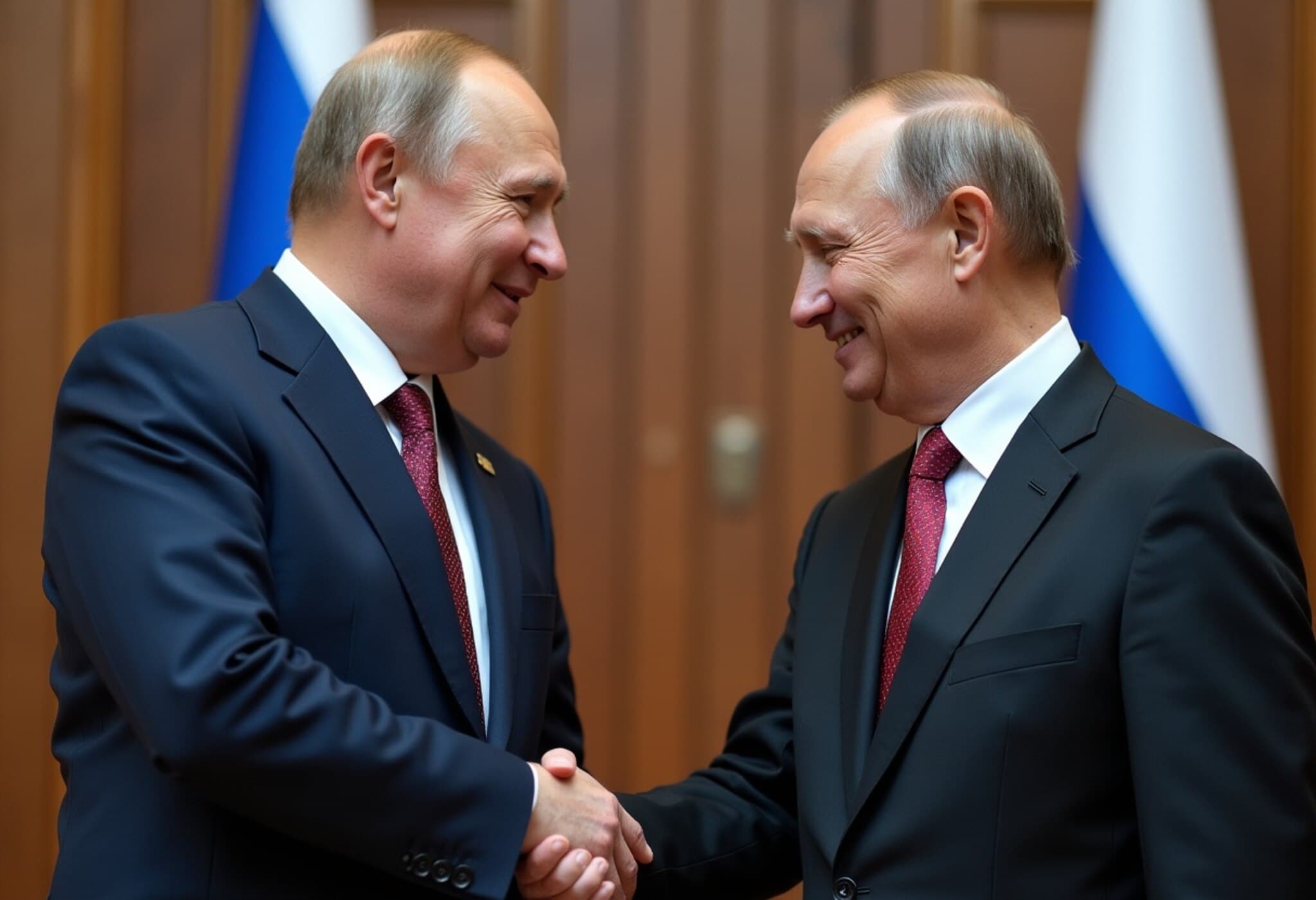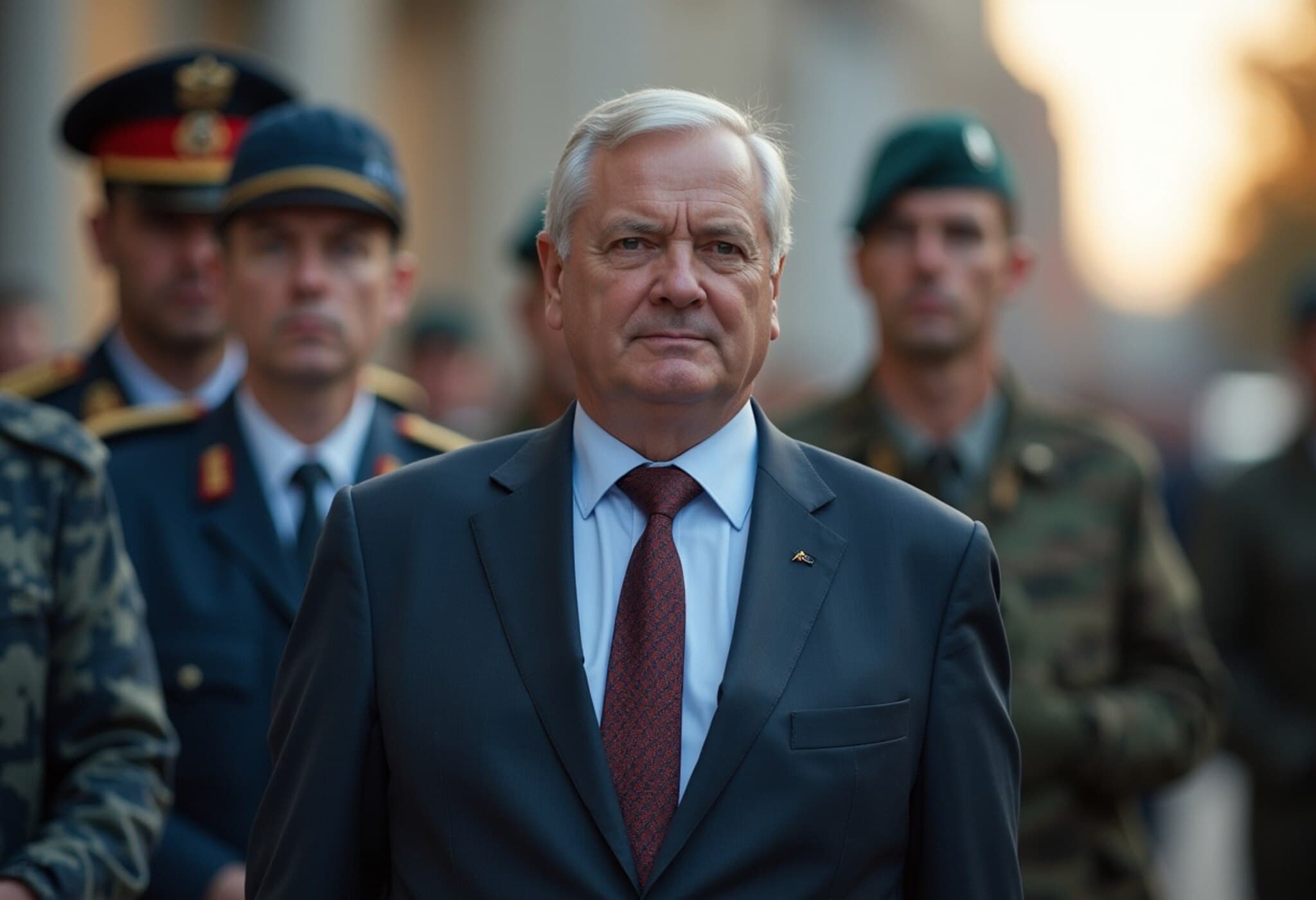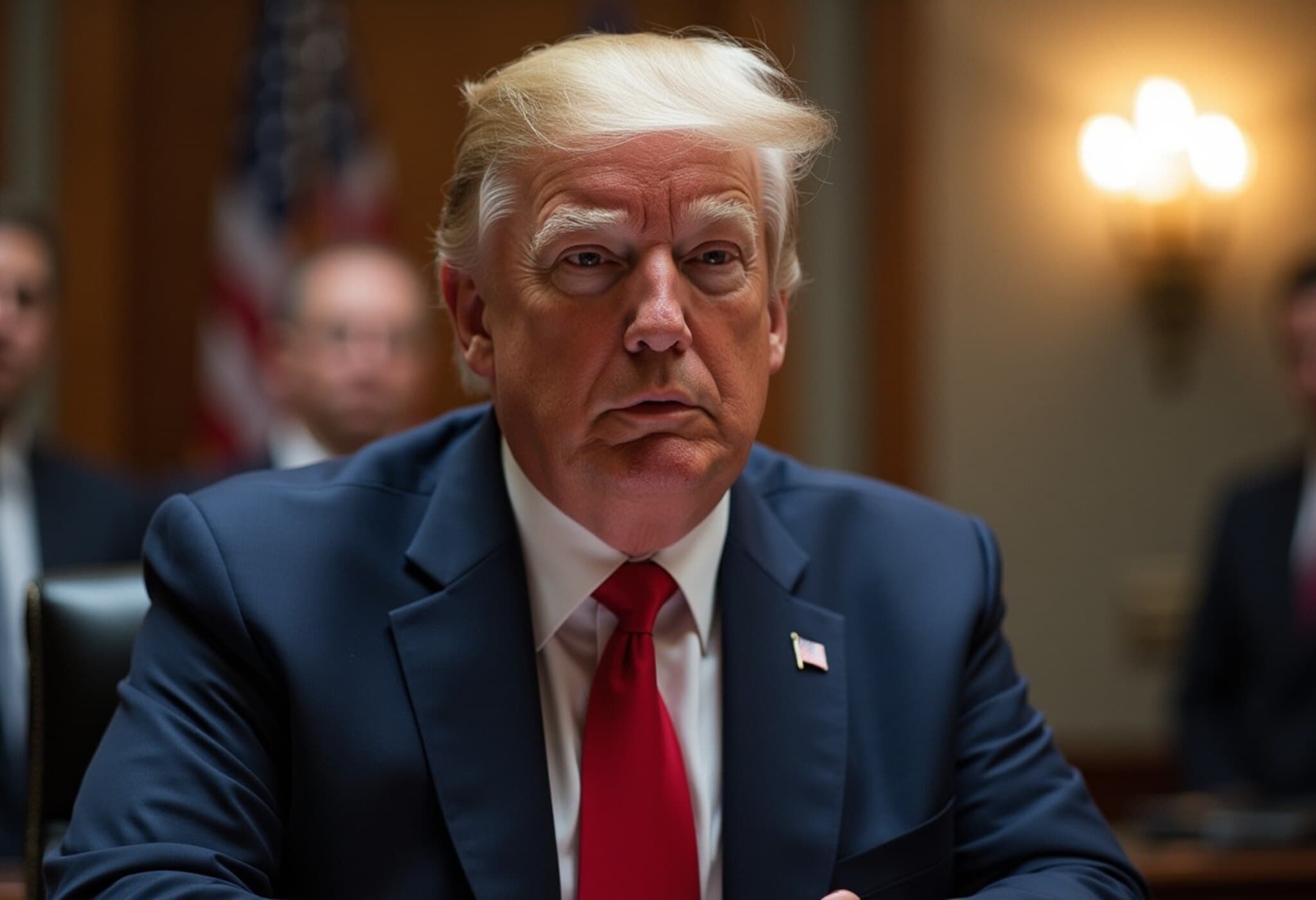Thousands Rally as Ukraine Battles Corruption Amid Ongoing War
In the midst of a devastating and prolonged conflict, Ukraine is once again in the global spotlight—not for the frontlines, but for a fierce internal battle against corruption. Thousands of Ukrainians flooded the streets of Kyiv for a second consecutive day, voicing their disapproval of a recent legislative move seen by many as undermining the country’s hard-won anti-corruption reforms.
Controversial Bill Sparks Public Outcry
On Tuesday, Ukraine’s parliament, the Verkhovna Rada, approved legislation that critics argue seriously weakens the independence of two cornerstone institutions: the National Anti-Corruption Bureau of Ukraine (NABU) and the Specialized Anti-Corruption Prosecutor’s Office. These bodies were established to root out graft and restore public trust in government—a mission made more critical given Ukraine’s strategic Western partnerships and ongoing reforms tied to European integration efforts.
The bill grants extraordinary powers to Ukraine’s prosecutor general, centralizing authority over anti-corruption investigations and effectively allowing selective case prosecutions. For many activists, legal experts, and international observers, this raises red flags about potential political interference and backsliding on transparency.
Zelenskyy’s Response: New Legislation Promise Amid Skepticism
President Volodymyr Zelenskyy responded amid growing pressure, pledging to introduce a new bill aimed at strengthening the rule of law and guaranteeing the independence of anti-corruption institutions. He emphasized the need to shield these bodies from any form of foreign influence, particularly citing concerns about Russian interference.
“We hear the voices of society clearly. People expect their institutions to deliver justice and operate effectively,” Zelenskyy said, acknowledging public frustration but also defending the necessity of updating Ukraine’s anti-corruption framework.
However, his assurances have done little to quell unrest. Protesters remain unconvinced as Zelenskyy has yet to retract the elements of the prior legislation they find most troubling. Compounding the issue is the summer recess of the Verkhovna Rada, delaying legislative debate and escalating public impatience.
Context: Corruption Challenges Amid a Nation at War
Ukraine’s struggle with corruption is not new, but the ongoing war with Russia has complicated governance and reform efforts. While the international community, including the U.S. and European Union, has urged Kyiv to maintain strict anti-corruption standards—seeing them as central to military and financial aid—the government faces competing priorities and political pressures.
Experts warn that weakening anti-corruption watchdogs risks undermining not only domestic governance but also the credibility of Ukraine’s Western partnerships and aid programs. There is a delicate balance between reforming institutions perceived as inefficient or compromised and preserving their core independence.
What’s Next?
- Public protests are likely to continue unless significant revisions are made to the contested bill.
- The government faces the challenge of crafting legislation that genuinely enhances transparency without conceding power to political authorities.
- International observers watch closely, recognizing that Ukraine’s success against corruption impacts not only its future but also regional stability and Western geopolitical interests.
Expert Insight
Maria Kovtun, a policy analyst specializing in Eastern European governance, highlights the complexity: "Ukraine is navigating a high-stakes crossroads. Effective anti-corruption reform must be both bold and transparent, especially under wartime conditions. Diluting institutional independence could backfire, eroding public trust just when national unity is most critical."
Editor’s Note
The unfolding anti-corruption protests and legislative maneuvers reflect a critical moment for Ukraine’s democratic resilience. While Zelenskyy’s intentions to enhance rule of law are commendable, the path forward demands meaningful dialogue, transparency, and urgency. For readers, it poses a vital question: how can a nation at war maintain uncompromised standards of governance and justice? Ukraine’s answer will have far-reaching implications for democracy and reform movements worldwide.


